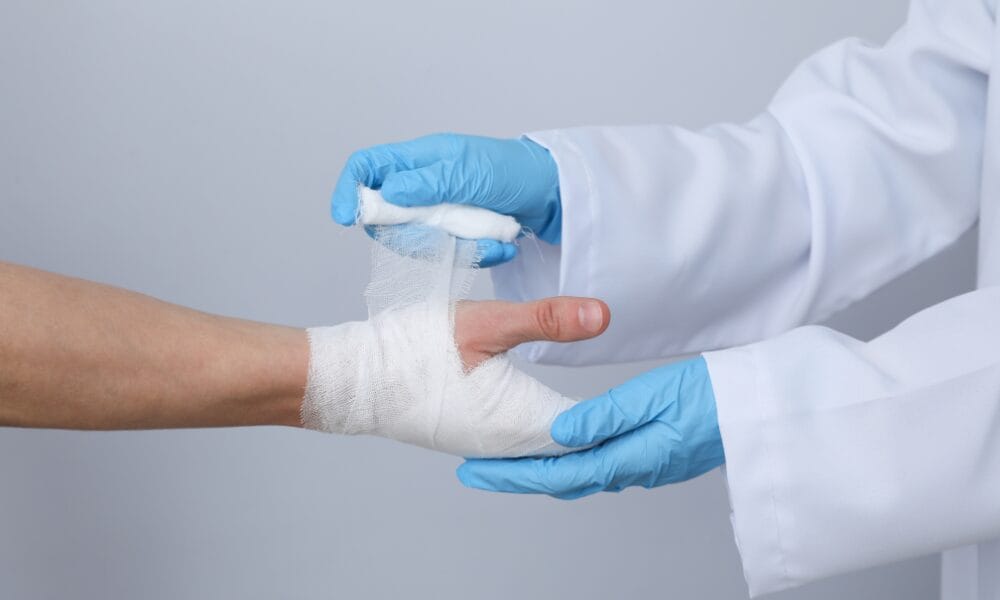Signs You May Have a Chronic Wound: When to Seek Professional Care

If your wound just does not seem to be getting any better after trying every at-home remedy you can think of for several weeks or months, it may be a chronic wound, or condition that requires further treatment as soon as possible. Certain types of wounds are naturally more likely to become chronic, while others are the result of acute injuries that do not heal as well as they should. In these situations, seeing a specialist as soon as possible is an important step in avoiding amputation, widespread infection, prolonged hospitalization, or other serious complications. Here are some of the most important things to know about identifying and treating chronic wounds.
What Is a Chronic Wound?
Your body is capable of eventually healing many types of wounds on its own, but this is not always possible. Some types of wounds naturally heal more slowly than others, while others may be much less likely to fully heal without proper medical intervention.
Certain types of wounds tend to be much less likely to heal properly on their own, such as diabetic ulcers, pressure sores, and puncture wounds. These conditions differ from other serious wounds because they are less likely to appear to be significant enough to require emergency treatment early on. Instead, patients with these wounds tend to be more likely to seek treatment several weeks later after noticing that they are not healing as they expected them to.
Key Indicators of a Chronic Wound
Chronic wounds rarely involve severe bleeding like other serious wounds, but there are several other signs to look for when considering whether a wound appears to be getting worse instead of better over time.
Chronic wounds often stay the same size or grow larger instead of becoming smaller as you might expect them to. They also tend to develop more redness or swelling, an unusual odor, pus or other discharge, and more significant pain over time. These wounds are less likely to progress through a typical scabbing process, which prevents new tissue from being formed. While these issues do not always indicate that a wound will never heal on its own, they serve as warning signs that your immune system needs help clearing them up from a medical professional.
When Should I See a Specialist?
Seeking medical attention as soon as you feel concerned about how well a wound is healing is an important step in reversing problems before they become more serious. While it is reasonable to give your immune system a chance to do its job for wounds that do not initially appear to be serious, seeing a specialist is likely to be a good decision if you have not noticed any improvement within approximately 1-2 weeks or do not see a significant difference within around 6 weeks. These professionals can evaluate your medical history and your specific condition to determine why it may not be healing properly, clean it thoroughly, and prescribe medications to speed up the healing process.
Contact Us at United Wound Care Centers of Rockwall to Schedule Your Appointment
At United Wound Care Centers of Rockwall, we are here to help residents of the Rockwall, TX area find the answers they need if they are concerned about an injury or other wound that does not appear to be healing properly. We know that these concerns do not necessarily indicate improper care because some types of wounds simply do not respond as well to your body’s natural healing process as others, and we are here to help you find a judgment-free and effective solution before more drastic measures become necessary. Contact us today to learn more about what might classify your wound as chronic or to schedule an appointment.
Image Credit: AtlasStudio // Shutterstock

